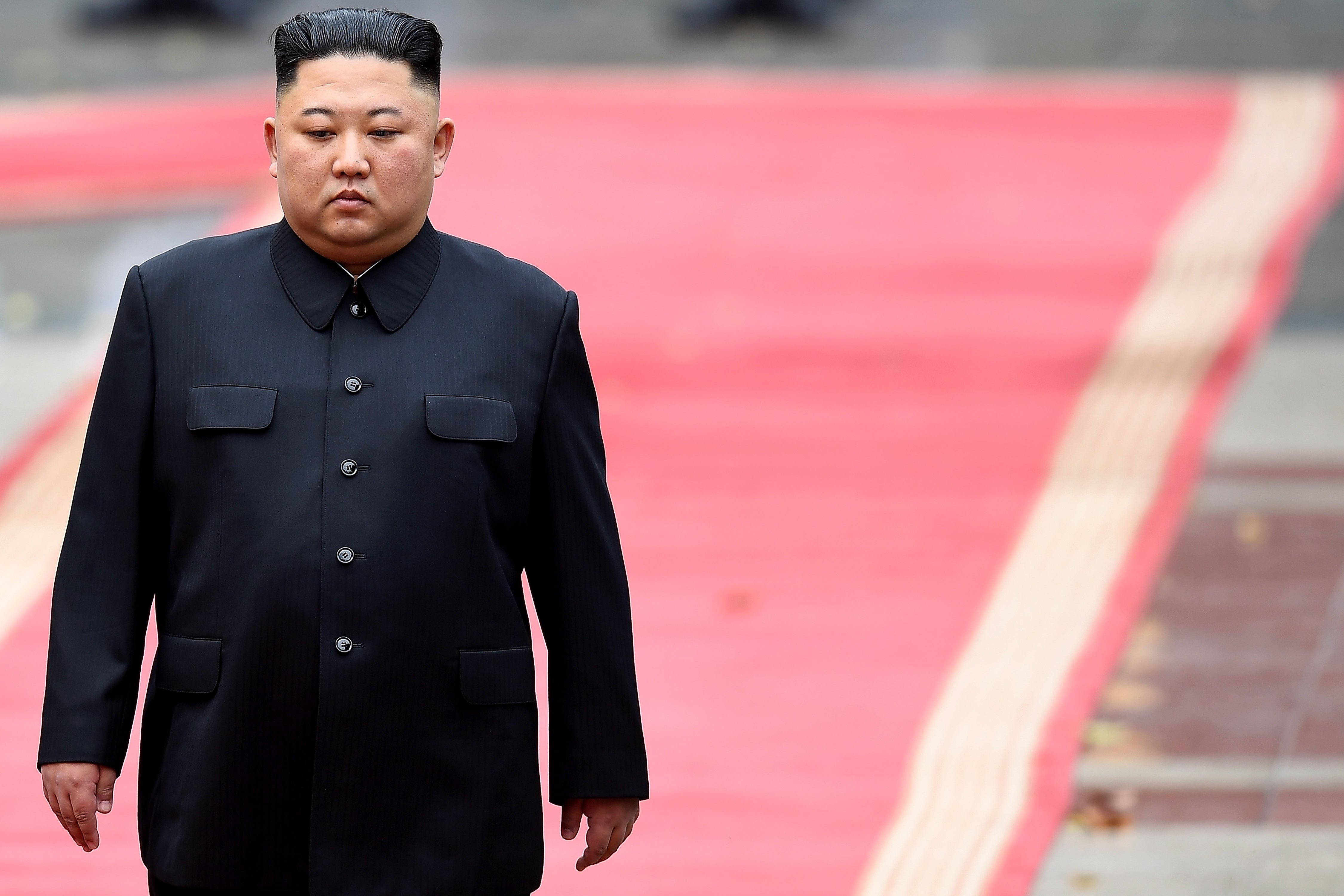North Korea’s private sector overtakes state for first time under Kim Jong-un
Private sector now constitutes 38 per cent of North Korea’s economy

In a first under Kim Jong-un’s regime, North Korea’s private sector has outraced the state-run industry in more than 10 years to rank as the top economic performer, signaling an indication of a positive trend in the financially-drained Korean country.
The private sector’s activity soared by about 28 per cent from a decade ago and now constitutes 38 per cent of North Korea’s economy, according to a report by South Korea’s Unification Ministry on Thursday.
The report detailed the changes introduced by Mr Kim on the political, economic and social fronts, confirming that the country has expanded its military muscle. But it remains more isolated than ever. The report was compiled with data from South Korea, UN agencies and interviews with defectors.
In a setback for North Korea’s public sector, the government-led programmes have shrunk from 37 per cent to 29 per cent of the economy. Common players in both—the private and public sectors—contributed 9 per cent to the Korean economy, according to the report.
The country has seen a four times rise in the number of merchants, which is up from 338 in 2011 to about 1,368 in 2018. But this was before the North Korean economy was hit by economic hardships and Covid-19 pandemic, forcing the east Asian nation to seal its borders off completely.
The ministry, which handles North Korean affairs, acknowledged the upward trend led by the private sector and said, “As marketisation continues, the proportion of the private economy is on a long-term upward trend. People’s activities are shaping into a dual way, state and private economy.”
North Korea’s economy is considered to be in grave danger as seen by the biggest contraction in the country’s GDP, 23 per cent, in 2020.
On the agricultural front, crop production has plunged to its lowest levels since Mr Kim took charge. Its trade with China, North Korea’s strongest ally, has also dipped more than 90 per cent from its 2014 peak.
However, officials from Mr Kim’s administration on Wednesday said that the economy was being “stably managed” without providing much details.
The most vulnerable in North Korea continue to remain at risk of starvation amid United Nations sanctions over Mr Kim’s nuclear and long-range missile tests, tightening funds for the country.
While the regime claims the country saw progress in the initial years after Mr Kim took charge from his father, the advancement was overshadowed by the said sanctions.
“After all, in order to achieve sustainable economic growth and substantively boost people’s livelihoods, they need to shift policy toward denuclearisation and economic cooperation,” an official from the unification ministry said.
Mr Kim warned North Koreans to prepare for a “very giant struggle” in the next year, barely 15 days away, as the country will pull itself out of the crisis with advancement in the defence, agriculture and construction sectors.
“Next year will be an important one as we should wage a very giant struggle as much as we did this year,” Mr Kim had said, according to the state media.
Additional reporting by agencies
Subscribe to Independent Premium to bookmark this article
Want to bookmark your favourite articles and stories to read or reference later? Start your Independent Premium subscription today.

Join our commenting forum
Join thought-provoking conversations, follow other Independent readers and see their replies